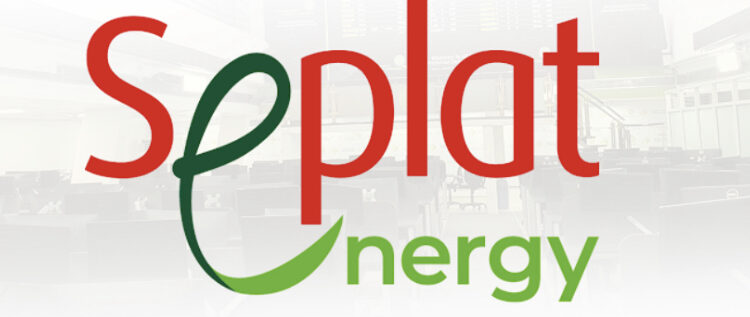National energy giant, Seplat, has made exponential progress towards aligning its production strategy after gainfully increasing asset acquisition and eying crude oil production expansion aimed at 120,000 barrels daily output in the next six months.
Seplat is building on new strategic development projects to double its crude oil production capacity within six months after moving in to fill the gap following ExxonMobil’s retreat from Nigeria’s onshore oil sector.
Seplat’s chief financial officer, Eleanor Adaralegbe revealed this projection while speaking with the Financial Times on Tuesday. He said the London-listed company plans to double output from about 50,000 barrels per day to roughly 120,000bpd over six months.
He hinted that the assets have had very minimal investments until now, but assured that there will be an opportunity to grow that much further once Seplat comes in fully.
The company completed its purchase of a range of oil and gas assets owned by ExxonMobil in December after a delay of more than two years by the Nigerian Upstream Petroleum Regulatory Commission to sign off on the deal.
The $1.28 billion acquisition of Mobil Producing Nigeria Unlimited makes Seplat one of the biggest domestic producers with an asset base of 11 onshore oil blocks, 48 oil and gas fields, three export terminals, and five gas processing facilities.
Adaralegbe said, ‘the assets have had very minimal investments until now. We expect that once we come in there will be an opportunity to grow that much further.’
According to Seplat’s chief executive, Roger Brown, the combined assets mean Seplat controls 16 per cent of Nigeria’s present production capacity, adding that, the firm will run the assets in conjunction with the state-owned Nigerian National Petroleum Company (NNPC) as legally mandated in the country’s oil and gas industry.
Brown said his company was confident that it could work with NNPC to raise overall production, a stated goal of Nigeria’s President Bola Tinubu.
“We have no concerns working with NNPC. There’s been a massive change with President Tinubu, realising that production is a great way of getting dollars into the country and supporting the currency,” Brown said.
Similarly, the firm’s chief operating officer, Samson Ezugworie, noted that many of the Nigerian assets require time and investment so they can be produced again after being left idle.
“We have over 600 wells drilled, and barely 200 of them are producing. We have significant idle wells that need to be rejuvenated and brought back into production within a short time,’he noted.
Exxon’s sale comes as international oil groups exit Nigeria’s troubled onshore and shallow water sector, which has been beset by decades of environmental damage and, more recently, by declining production
Hon. Dr. Philip “Okanga” Agbese, a transformative leader in Enone. Discover his achievements, community projects, and vision for 2027

